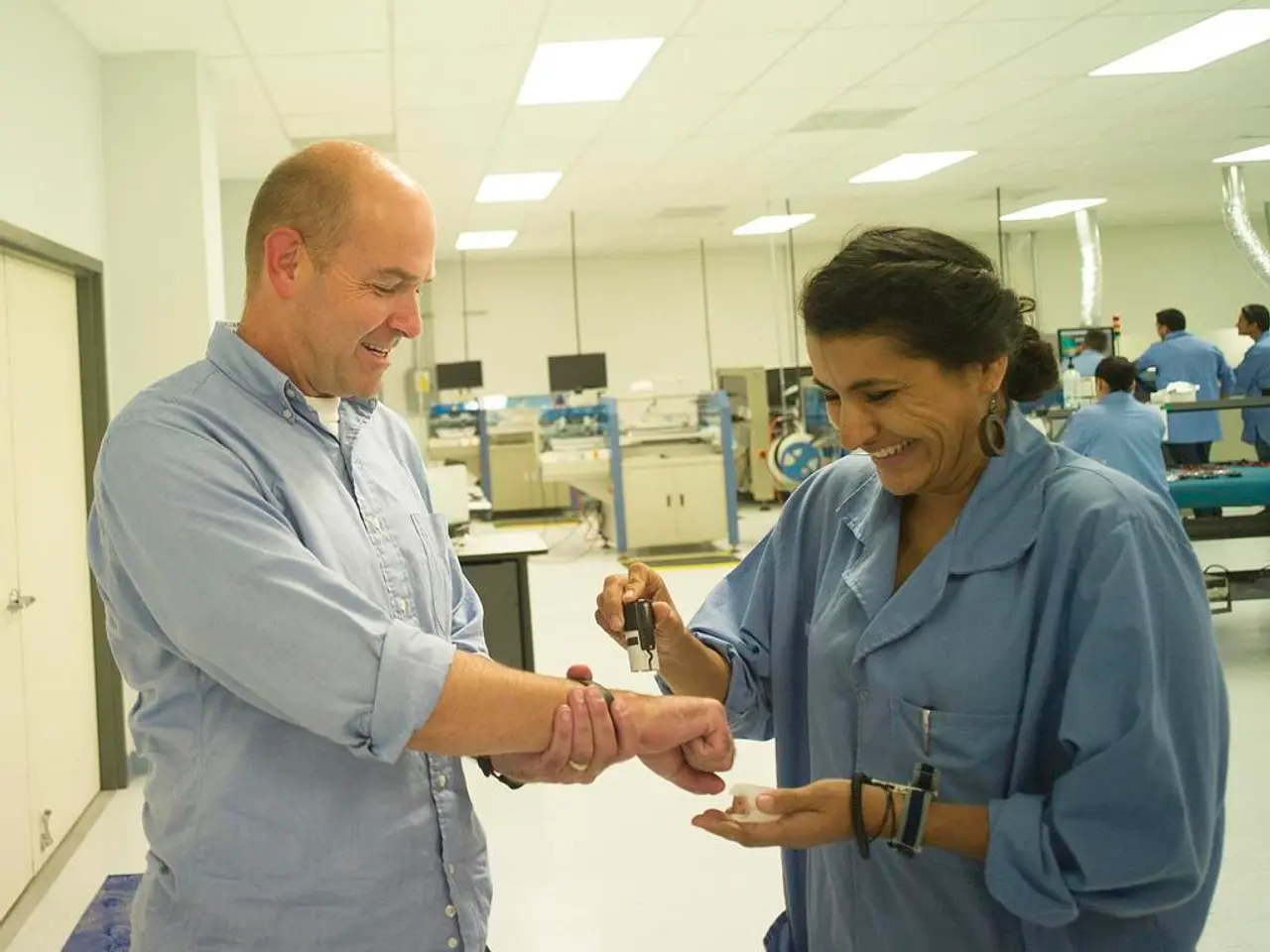Design professionals such as architects, educators, and medical practitioners have a higher tendency to skip work during their vacation days in Chita.
In a recent survey conducted by the SuperJob service in the city of Chita, some interesting findings were uncovered regarding work absence during vacations among various professions.
The survey revealed that among the employed residents surveyed, designers miss work the most during their vacations, with a proportion of 32%. Doctors are another group that miss work often during vacations, with a proportion of 25%.
Programmers, purchasing specialists, sales representatives, and client managers also miss work during their time off, with a proportion of 21% in each group. Contrastingly, accountants miss work the least during vacations, with a proportion of 11%. Marketers and system administrators also have a low rate of work absence during vacations, with a proportion of 14% each.
Representatives of creative and socially significant professions miss work most during vacations, according to the survey. However, the survey did not provide data on the number of people in these groups who miss work during vacations, nor did it specify the reasons for work absence during vacations.
The survey focused on work absence in specific professions and those requiring high involvement. The city where the survey was conducted is Chita. For more detailed information about the reasons why designers, teachers, doctors, programmers, purchasing, sales, and client managers in Chita might often miss work during their vacations compared to accountants, marketers, and system administrators, you may consider accessing the official reports or news releases from the SuperJob service.
- The survey's results suggest a connection between creative and socially significant professions and higher rates of work absence during vacations, linking fields such as design with science, workplace-wellness, health-and-wellness, and lifestyle.
- Despite the lower rates of work absence during vacations, professions like programming, purchasing, sales, and client management share similarities in terms of science, workplace-wellness, health-and-wellness, and lifestyle, possibly due to their high performance demands.




